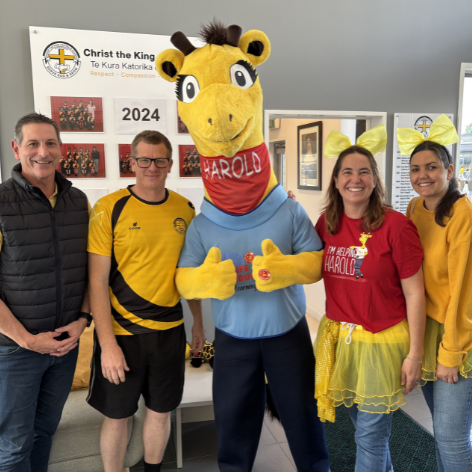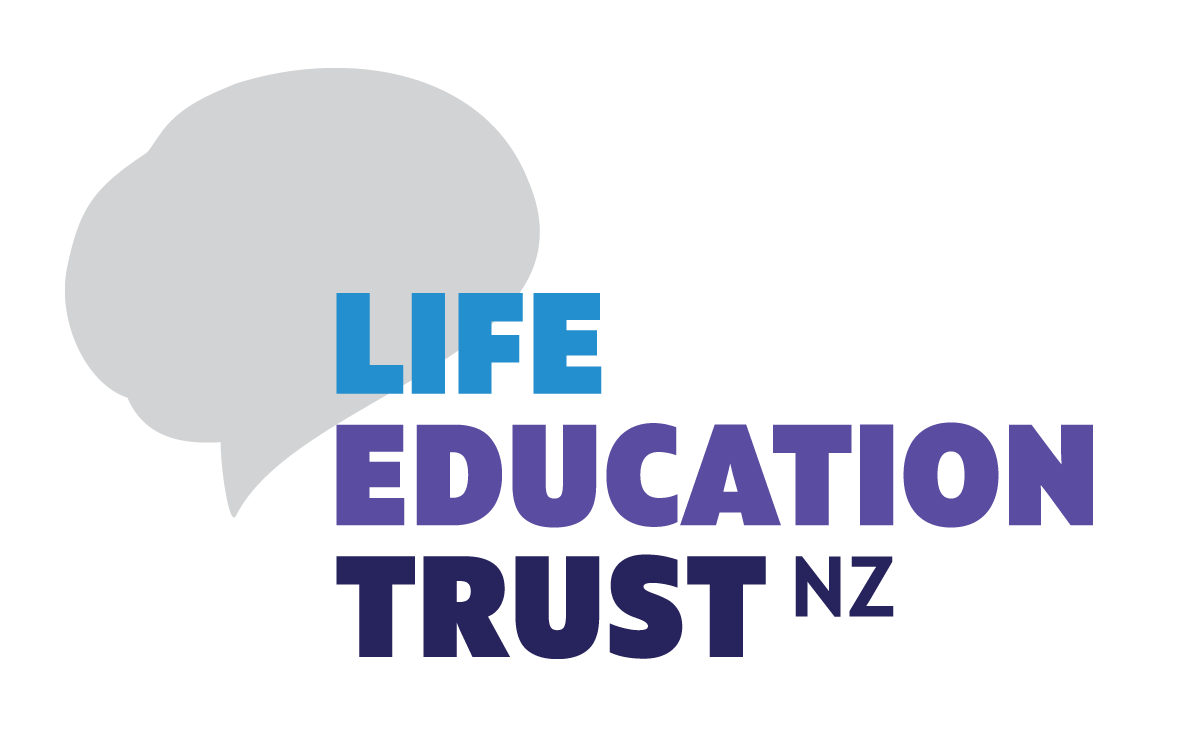Volunteers are the Backbone of Aotearoa
By Mark Weatherall, CEO, Life Education Trust New Zealand
 |
I’ve been reflecting on Volunteer Week which took place mid-June, and the vital role volunteers play in Aotearoa. Volunteering goes beyond a celebratory week. In fact, many of our daily activities rely on a hidden network of volunteers. Without them, our communities would look very different. Volunteering creates a sense of belonging and purpose, and increasingly, organisations are recognising this by supporting employee volunteering. It’s not about choosing between being paid and giving back—you can do both. |
| Mark Weatherall (left) with the Life Education Trust Auckland West team | |
Too often, when we think of volunteering, images of sausage sizzles, hospice shops, and fundraising events spring to mind. While these are worthy efforts, the contribution of volunteers is varied from the thousands who coach kids’ sports teams, run governance boards, and respond to crises like the Christchurch earthquakes. For many organisations, volunteers are the key to their sustainability.
Every volunteer organisation I’ve worked with has relied on the dedication and passion of Kiwis who give their time to support others. Whether it’s the 6,000 volunteer lifeguards who patrol our beaches each weekend to keep swimmers safe, the 100-odd officials who ensure Olympic Sprint Kayaking runs smoothly in New Zealand, or the thousands of trail angels who maintain the Te Araroa Trail, these volunteers are the lifeblood of our communities. And quite simply, without them, none of these organisations would be able to operate. In fact, over half of New Zealanders volunteer, and their collective efforts are valued at an estimated $6.4 billion annually1.
My own journey began in a family where community service wasn’t a choice, but a way of life. My father was a local councillor for over two decades and chaired the Surf Life Saving Otago board. This early example of giving back has shaped my approach to leadership and community work.
Today, as CEO of Life Education Trust New Zealand, I work alongside 300 passionate volunteer Trustees providing leadership and governance to each regional Trust, ensuring effective and efficient operations while supporting health education programmes in schools. Their dedication, like that of so many others, reminds me that volunteering is not just an act of kindness, it’s the engine of social resilience.
However, the sector is at a crossroads. While 59% of people aged 45-64 volunteer, and 54% of those over 65, younger generations are busier, often preferring less structured activities that don’t always align with traditional volunteer models2.
We’re seeing fewer people stepping up to volunteer these days. Often, it’s the same dedicated individuals supporting multiple groups in their communities, many of them also sit on school committees or help out with sports clubs. As the old saying goes, “if you need a job done, ask a busy person.” There are many reasons for this: busy lives, a desire for work-life balance, and a preference for less structured activities like mountain biking or other pursuits that don’t involve club membership.
But there’s hope. The key to future-proofing volunteering is reimagining how we engage people. We need to make it easier to get involved by breaking roles down into smaller, achievable tasks and making sure volunteers feel safe, supported, and valued. We also need to challenge the stereotype of the “volunteer” as someone with endless time. Volunteers today come from every walk of life, contributing in ways big and small.
One of the myths we need to break is that volunteering requires a huge time commitment. Many people shy away because they think they can’t give enough. But just an hour on a Saturday morning can make an event possible. We need to rethink how we value micro-contributions, and make space for them.
Take a moment and consider how you might lend a hand, whether that’s coaching a local team, serving on a school board, or lending your expertise to a cause you care about. Because in Aotearoa, volunteers are the quiet architects of our communities, weaving connection, support, and resilience into everything we do.
